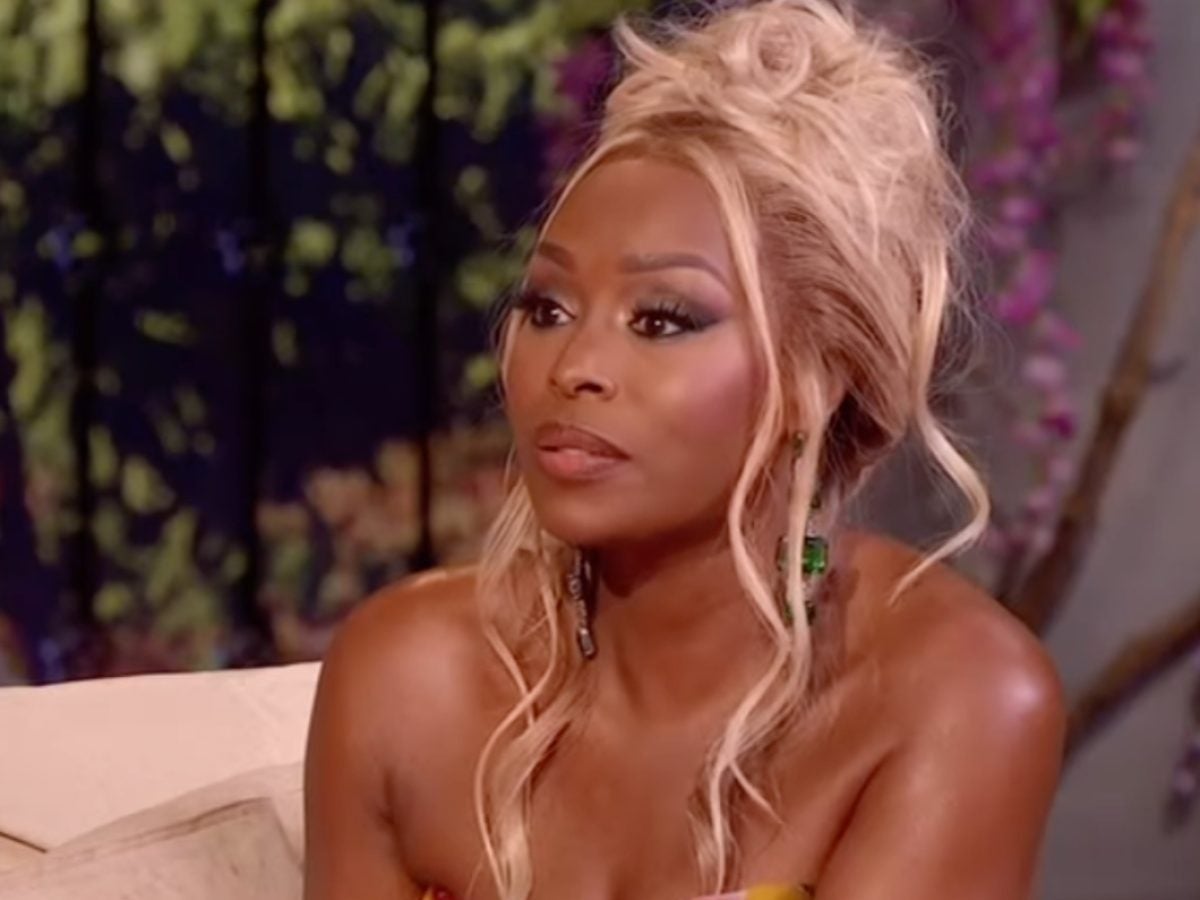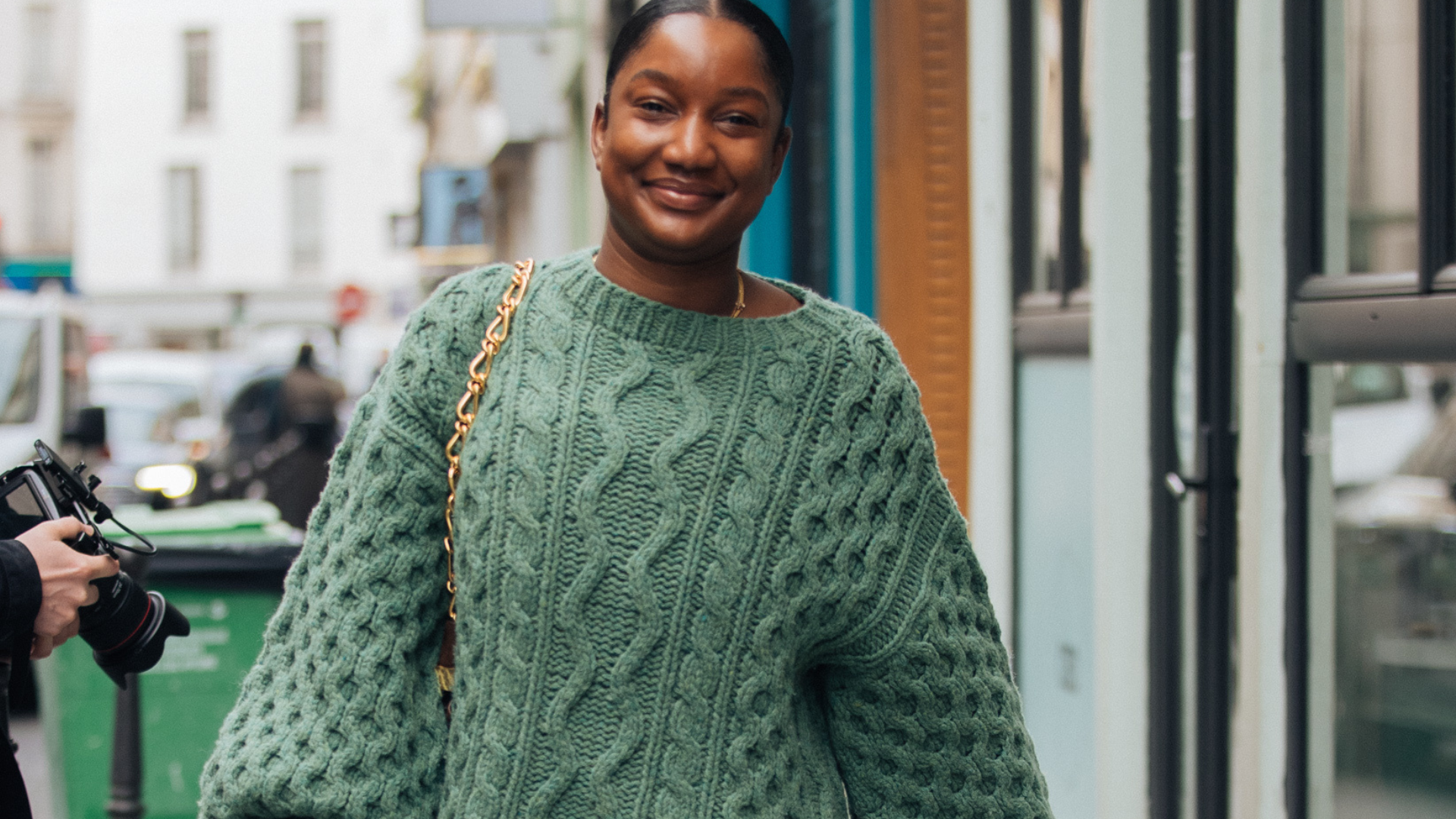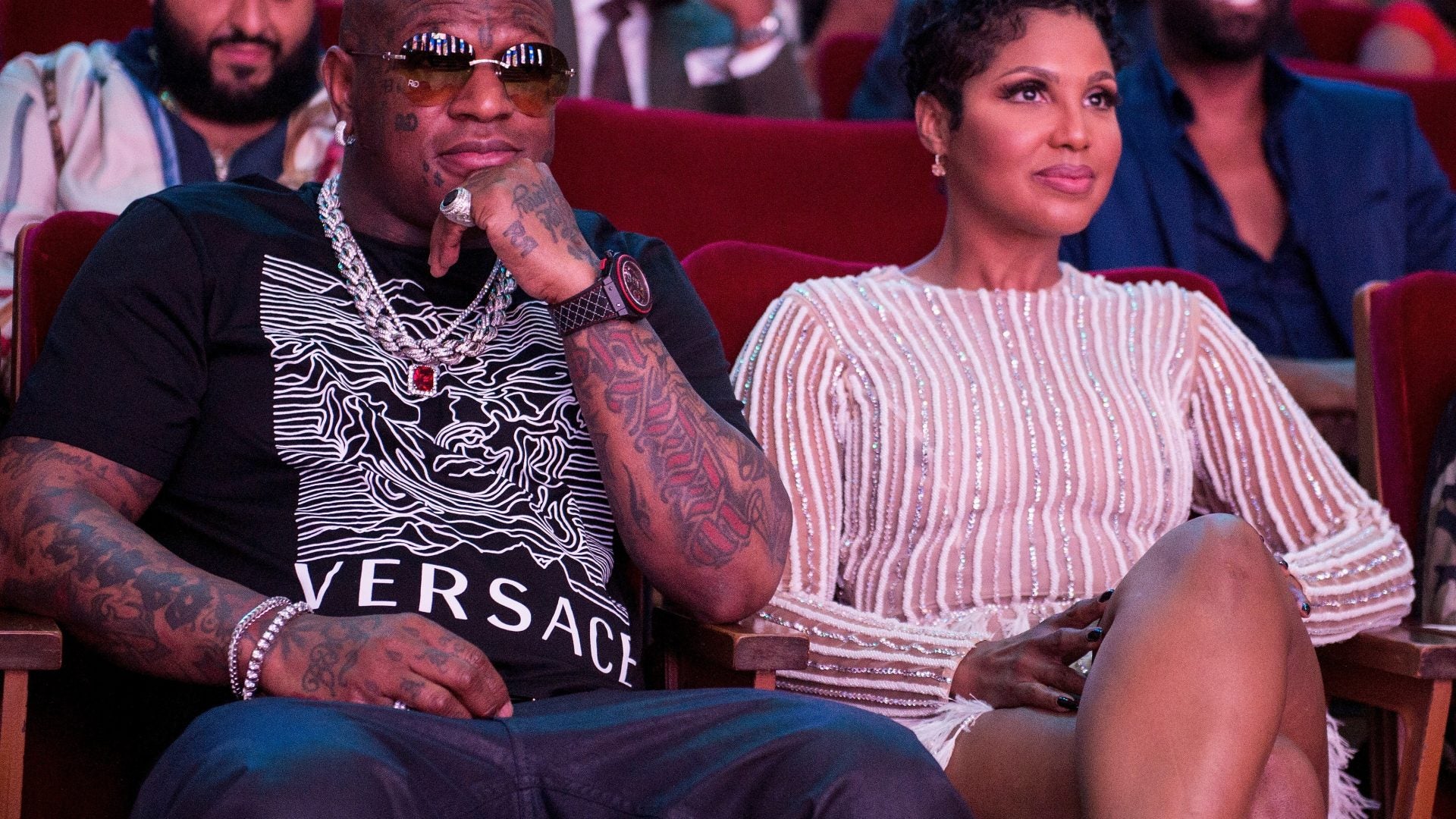
I often see a meme floating around that says something to the effect of, “People will forget all the times you said yes the one time you say no.” In other words, sometimes people forget all the good you have done for them over the course of your relationship when you can’t show up for them in the way they would like. Somewhere I often see this embodied is within the friendships between women.
All my reality TV lovers have probably seen this unfold in real time while watching shows like Love and Hip Hop: Miami or Married to Medicine recently. We see the women of the cast go through the peaks and troughs of life and get labeled as a “bad friend” when they can’t show up during said troughs. If you watch Married to Medicine, you may recall the tragedy Quad Webb experienced when her 3-year-old great niece drowned in her pool in July 2023. After the fact, she was accused by the ladies of being a friend for TV purposes only, which means showing up for a check but not much else. This created tension with her co-stars, who didn’t enjoy her presence in Season 10. They stood on their feelings despite the fact that Webb also asserted that she had been going through some things, and that played a part in her distance, and that they too could call her phone. Nevertheless, she apologized during the show’s reunion special to those she’d hurt.
Another example is Amara La Negra from Love and Hip Hop: Miami going through it when the father of her child allegedly ghosted their twin girls and their relationship ended. She also had another relationship she made public, with Safaree Samuels, fall apart. These women found themselves dealing with tough and traumatic life events, yet the expectation from their friends seemed to be that they could endure those difficult experiences while being present for their needs too.
This is a common issue I notice that occurs in female friendships and I think it needs to be assessed. Expecting your friends to consistently show up for you when they’re falling apart at the seams is unrealistic and a selfish expectation. Also, someone not showing up for you when they’re going through something doesn’t make them a bad friend.
I know that’s a difficult concept for some to grasp because many of us have warped definitions of what it means to be a friend. Our ideas about what being a good girlfriend entails are ingrained in ideals around perpetual selflessness and self-sacrifice. Might I add that these are values many of us are trying to unlearn (when it’s an unhealthy balance) in romantic relationships.
We simply can’t be everything, to everyone all of the time. And we shouldn’t aspire to be. We especially can’t be our friend’s everything when our cups are empty. Grieving the loss of a niece or coming to terms with the realities of being a single parent are both real-life examples of times cups are likely empty. If a friend doesn’t show up to your event, call as much as they used to, or reply to your texts during a challenging season, it doesn’t negate all the times they did show up. I will also add that people don’t have to be going through a hard time to be distant. Sometimes we just need time to hear our own voice and that means not interacting with others as much. Offering support from a distance, instead of spiraling internally, is the best way to handle such moments.
Friendship isn’t about keeping a score of how many times your friends show up for you. Solid and loving friendships are built with grace and empathy. I might even argue that the friend who expects their loved one to be there all the time is the so-called “bad” friend because there’s no consideration within that expectation. Sometimes people only have enough for themselves and a good friend should understand that.
To take it a step further, a good friend should commend another for saying no so they can meet their own needs; not guilt-trip them for needing to focus on themselves. We’re all self-love advocates until it looks like someone’s not able to meet your needs because they’re busy meeting their own. Contrary to what we’ve been taught, being selfish in order to pour into ourselves can be loving and can give us the capacity to love more.
Life has had me in a chokehold at different times and during those seasons, I’ve been distant from friends. During my divorce or when I was battling depression following a miscarriage, I only had enough in my tank to make it through the day, so there was little energy left over for anyone else. I’m eternally grateful for the friends who understood this, held space for me, and checked in with me while I was trying to love myself back to life. I’m currently a little distant and not able to show up fully because I’m in a season of self-reflecting and planting. But again, my solid friends get it and I reciprocate the understanding when our circumstances are reversed.
If you’re triggered every time a friend doesn’t show up for you, evaluate your relationship with yourself and how much you’re meeting your own needs. Usually, when we’re loving ourselves deeply, what others do for us is a bonus, and we don’t feel so much resentment when people can’t be there for us at times when it’s not really necessary to be.
The way I see it, if we all took the time to prioritize our needs and pour from full cups, there would be more overflow. Love would be abundant in our friendships and in the world with the help of a little more self-love, understanding and grace. We could ultimately be better girlfriends to one another.






